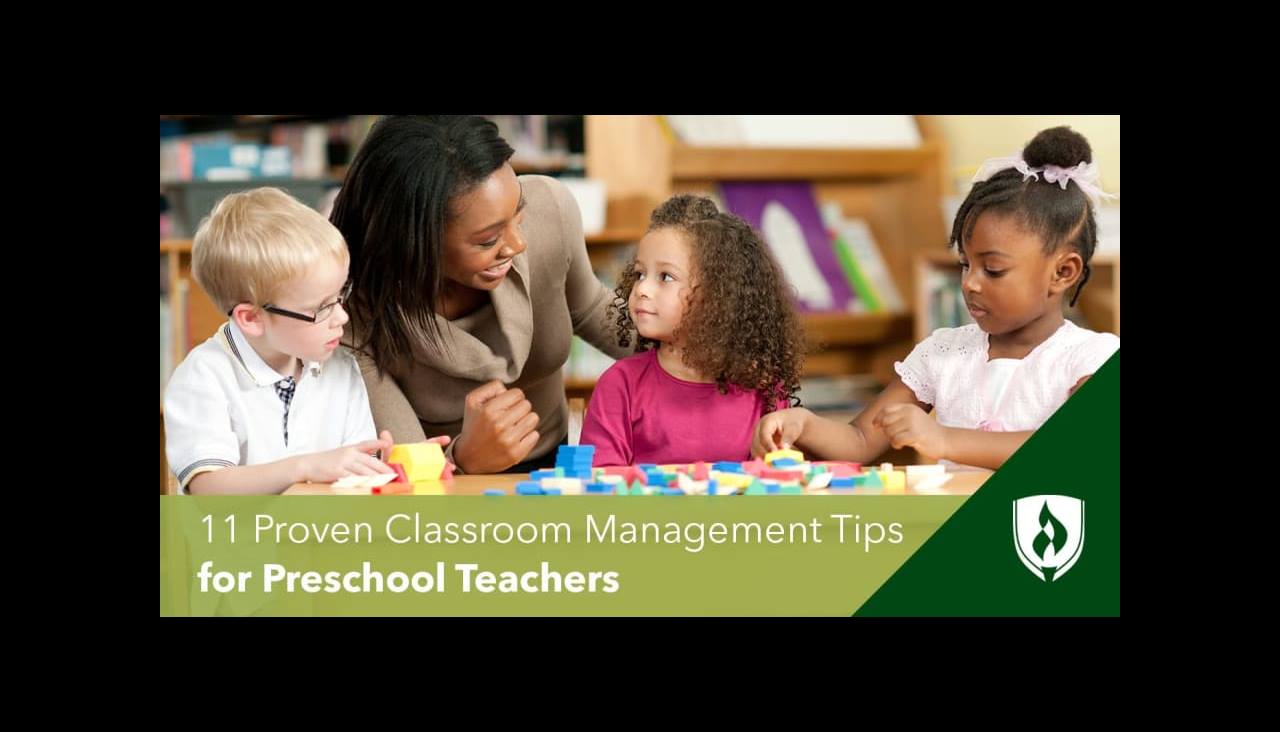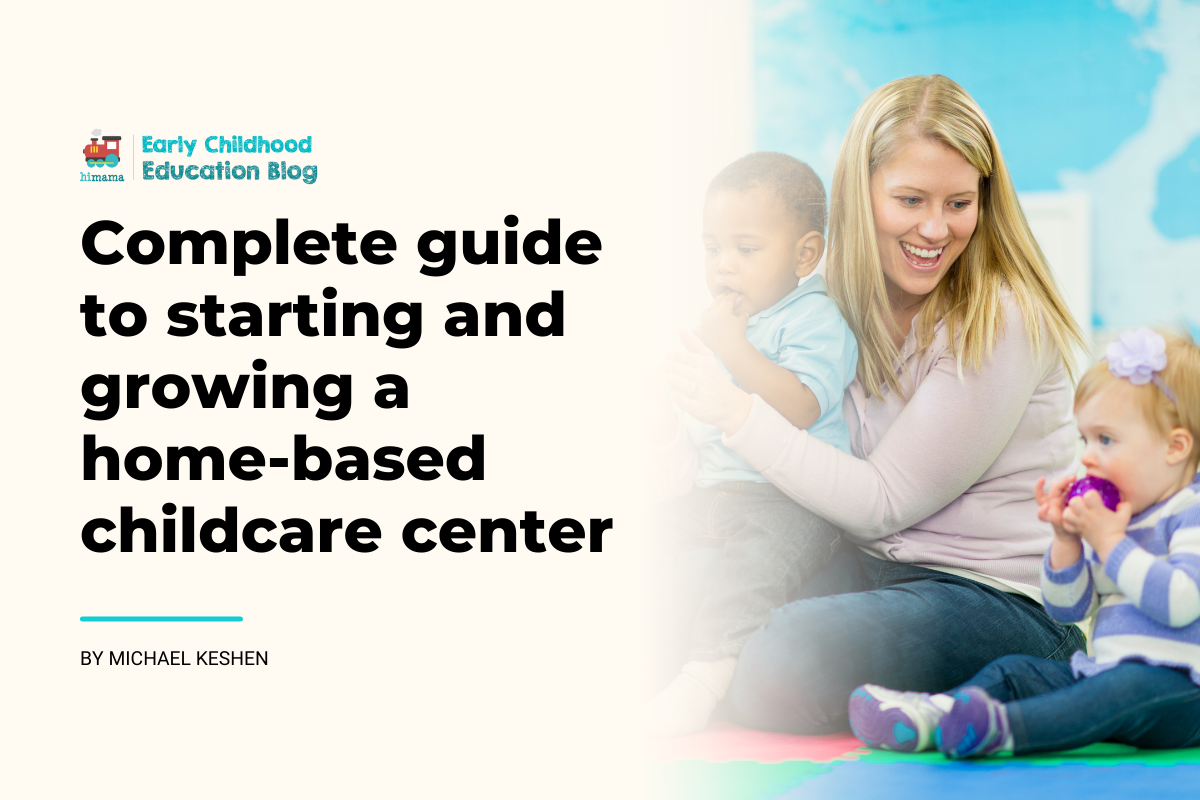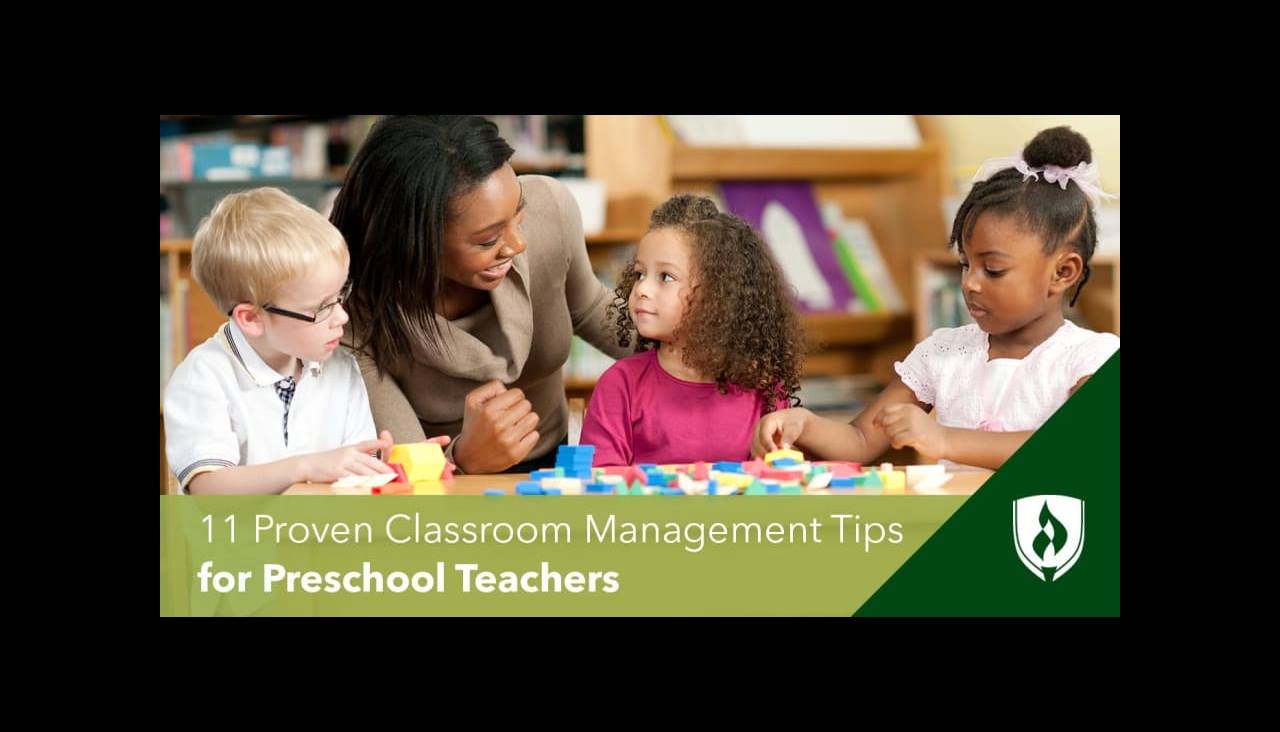To find home daycare in your area, use online directories or search engines and filter by location or zip code. Additionally, ask for recommendations from friends, family, or local parenting groups for personal testimonials and trusted referrals.
Engage in thorough research and consider important factors such as licensing, certifications, safety measures, educational curriculum, and available slots. Also, visit potential daycare providers to evaluate the environment, interact with the caregiver, and observe the interaction between children and staff.
Trust your instincts and make the decision that aligns best with your child’s needs and your family’s values. By following these steps, you can locate a suitable home daycare center in your area.
Why Choose Home Daycare
Home daycare can be an excellent option for parents who are looking for personalized care in a familiar environment for their children. There are several compelling reasons why you should choose home daycare over other childcare options. In this section, we will explore the benefits of home daycare, including personalized care and a familiar environment.
Benefits Of Home Daycare
Personalized Care
One of the most significant advantages of home daycare is the personalized care your child will receive. Unlike larger daycare centers, home daycare providers often have smaller groups of children, allowing them to give more individual attention to each child. This personalized approach ensures that your child’s specific needs and interests are met throughout the day.
Familiar Environment
Another reason why home daycare is a great choice for parents is the familiar environment it offers. Instead of being in an unfamiliar setting, your child will spend their day in a cozy and warm home, creating a sense of security and comfort. This environment makes the transition from home to daycare much smoother and less stressful for both you and your child.
Additionally, home daycare providers often have a more flexible schedule, which can be especially beneficial for parents with irregular work hours or those who need extended hours of care. With home daycare, you can have peace of mind knowing that your child is being cared for in a safe and nurturing environment that feels like an extension of your own home.
In summary, home daycare offers personalized care in a familiar environment, making it an excellent choice for parents seeking quality childcare. Whether it’s the smaller group sizes, the cozy home setting, or the flexibility in scheduling, home daycare can provide the peace of mind you need while ensuring your child’s overall well-being and development.

Credit: www.rasmussen.edu
Factors To Consider
When it comes to finding the right home daycare for your child, there are several important factors to consider. These factors will help ensure that your child receives quality care in a safe and nurturing environment. In this article, we will discuss four key factors that should be taken into account before making a decision.
Location And Accessibility
One of the first factors to consider when searching for a home daycare is the location and accessibility. You want to find a daycare that is conveniently located and easily accessible for both drop-off and pick-up. Consider how close the daycare is to your home or workplace and whether it is located in a safe neighborhood. A location that is close to your home or workplace will not only save you time but also provide greater convenience for you and your child.
Licensing And Accreditation
Licensing and accreditation are crucial factors to consider when choosing a home daycare. A licensed daycare ensures that the provider meets certain standards set by the state or local government. It is also important to check if the daycare is accredited by a recognized organization, such as the National Association for Family Child Care (NAFCC) or the National Association for the Education of Young Children (NAEYC). Accreditation shows that the daycare meets high-quality standards in terms of safety, curriculum, and caregiver qualifications.
Safety Measures
The safety measures in place at a home daycare are of utmost importance. Ensure that the daycare has appropriate safety protocols and procedures in place, such as childproofing, emergency plans, and secure entrances/exits. Check for smoke detectors, fire extinguishers, and first aid kits. Additionally, inquire about the provider’s background checks, including fingerprinting and reference checks. Your child’s safety should always be a top priority.
Curriculum And Activities
A daycare that offers a structured curriculum and engaging activities can greatly enhance your child’s development. Inquire about the daycare’s curriculum and the activities they provide throughout the day. A well-rounded curriculum may include early learning concepts, music and movement, art, outdoor play, and social interactions. Ask about the caregiver-to-child ratio to ensure that your child will receive adequate attention and supervision. A daycare that focuses on providing age-appropriate activities can contribute to your child’s growth and learning.
In conclusion, when searching for a home daycare, it is vital to consider the location and accessibility, licensing and accreditation, safety measures, and curriculum and activities. Taking these factors into account will help you make an informed decision and find a daycare that meets both your child’s needs and your peace of mind.
Researching Home Daycare Options
When it comes to finding the right home daycare for your child, researching your options is key. There are several effective ways to locate and evaluate home daycare providers in your area. By utilizing various resources, you can make an informed decision about the best care for your child.
Online Directories And Search Engines
One of the easiest and most convenient ways to discover home daycare options in your area is by using online directories and search engines. Websites like Care.com, Sittercity, or childcare.gov provide comprehensive databases of registered home daycare providers, complete with reviews and ratings from other parents. Additionally, popular search engines like Google can help you find local home daycare options by using specific keywords like “home daycare near me.” By exploring these online resources, you can gather valuable information to aid in your search for the right fit for your child.
Word Of Mouth Recommendations
Word of mouth recommendations from friends, family, and colleagues can be invaluable when seeking home daycare options. Solicit opinions from those you trust, as personal endorsements often carry more weight than online reviews. Forming a network of parents who can vouch for the quality and trustworthiness of a particular home daycare can provide you with a sense of confidence and peace of mind.
Local Parenting Groups
Engaging with local parenting groups, both online and in person, can provide a wealth of information on home daycare options in your area. Social media platforms like Facebook often have community groups specifically tailored to parents seeking childcare recommendations. Joining these groups and participating in discussions can yield firsthand experiences and insights from other parents who have navigated the process of selecting a home daycare.
Initial Screening Process
When looking for a home daycare for your child, it’s crucial to conduct an initial screening process to ensure the safety and quality of care for your little one. This process involves various steps such as phone interviews, virtual or in-person visits, asking specific questions, and observing interactions. Here’s a closer look at each step to guide you in finding the best home daycare in your area.
Phone Interviews
The first step in the screening process is to conduct phone interviews with potential home daycare providers. Utilize this opportunity to gather basic information about their program, such as their experience, training, philosophy on child care, schedule, and fees. Ask about their policies on sick children, emergency procedures, discipline, and nutrition. Assess their communication skills and level of professionalism during the call.
Virtual Or In-person Visits
Once you’ve completed the phone interviews, it’s time to arrange virtual or in-person visits to the selected home daycares. This step allows you to physically observe the environment and interact with the provider. During the visit, pay attention to the cleanliness and safety of the space, the engagement of the children, and the interaction between the provider and the kids. Visualize how your child would fit into the setting and assess the overall vibe of the home daycare.
Questions To Ask
Prepare a set of specific questions to ask during the visits to gain deeper insights into the home daycare. Consider inquiring about the provider’s emergency plan, daily activities, educational approach, staff-to-child ratio, and meal plans. Further queries could include their background checks, licenses, or certifications, and their approach to handling conflict or discipline. Note down their responses for later comparison.
Observing Interactions
While visiting the home daycare, closely observe the interactions between the provider and the children. Pay attention to how the provider communicates with the kids, their engagement level, and overall attitude. Look for positive reinforcement, patience, and a bonding atmosphere. Note any red flags or concerning behaviors that might arise during the visit.
Narrowing Down Your Choices
Once you have a list of potential home daycare providers in your area, it’s time to start narrowing down your choices. With factors like cost, flexibility, and quality to consider, making the right decision can seem daunting. However, by focusing on important aspects, you can find a home daycare that meets your needs and gives you peace of mind. In this article, we’ll explore three key factors to help you narrow down your choices: comparing costs and payment options, looking for flexibility, and considering quality and experience.
Comparing Costs And Payment Options
When it comes to choosing a home daycare, cost is a crucial factor for many parents. Start by gathering information on the costs associated with each provider on your list. Keep in mind that while budget-friendly options may seem attractive, it’s essential to consider the overall quality of care provided.
Additionally, inquire about the payment options available. Some home daycares may require full payment upfront, while others may offer payment plans or accept subsidies. Evaluate your financial situation and choose a daycare provider whose payment options align with your needs and preferences.
Looking For Flexibility
Flexibility matters, especially for those with unpredictable schedules or parents who work irregular hours. When evaluating home daycares, look for those that offer flexible drop-off and pick-up times. It’s also worth considering whether a provider can accommodate occasional changes in your schedule without significant inconvenience or additional fees.
Furthermore, inquire about their policies regarding sick days and vacation time. Finding a daycare that understands and is flexible in these situations can alleviate stress and provide a smoother experience for both you and your child.
Considering Quality And Experience
Quality and experience are paramount when it comes to selecting a home daycare. To ensure your child will receive the best possible care, inquire about the provider’s qualifications and experience in childcare. Ask about their certifications, training, and any specific areas of expertise.
Moreover, consider the provider’s reputation. Look for online reviews and testimonials from other parents who have utilized their services. Positive feedback can indicate a reliable and trustworthy home daycare.
Furthermore, take note of the environment and the interactions between the provider and the children in their care. Does the atmosphere feel safe, nurturing, and stimulating? Trust your instincts in assessing whether the home daycare can provide the level of quality and experience you desire for your child.

Credit: www.himama.com
The Importance Of Trust And Compatibility
When it comes to finding a home daycare for your child, trust and compatibility are of utmost importance. You want to ensure that your child is in a safe and nurturing environment, where they can thrive and grow. Building trust with the daycare provider is key, as they will be responsible for your child’s well-being on a daily basis. Additionally, compatibility between the provider and your family is crucial to ensure a harmonious relationship and a positive experience for both you and your child.
Meeting The Provider
Before making a decision, it is essential to meet the daycare provider in person. This gives you the opportunity to assess their demeanor, professionalism, and overall suitability. During the meeting, observe how they interact with your child, as this will provide insight into their caregiving approach. Pay attention to their communication style and ask about their experience and qualifications. Remember, it is essential to find someone who aligns with your parenting values and can provide the care your child needs.
Checking References And Reviews
Prior to entrusting your child to a home daycare provider, make sure to check their references and reviews. Speak with other parents who have utilized their services and ask about their experiences. Did their children feel safe and happy under the provider’s care? Were the parents satisfied with the level of communication? Were there any concerns or issues that arose? Online reviews can also provide valuable insights into the provider’s reputation. Take the time to thoroughly research and evaluate this feedback to ensure you are making an informed decision.
Trust Your Gut
While meeting the provider and checking references are essential steps, trust your gut instincts as well. As a parent, you have a natural intuition when it comes to your child’s well-being. If something feels off or doesn’t sit well with you, it’s important to listen to that inner voice. Keep in mind that trust and compatibility go both ways; the provider should also feel comfortable caring for your child and working with your family. By trusting your instincts, you can make the best choice for your child’s happiness and safety.
Final Steps
Looking for home daycare in your area? Discover the final steps to finding the perfect childcare option for your little ones. Find the right provider near you with ease and convenience.
Syntax for H3:
Contents For Heading
In the final steps of finding a home daycare in your area, it’s important to address some key aspects to ensure a smooth transition and successful experience. By discussing expectations and policies, signing contracts, and transitioning and evaluating, you can take the necessary steps to find the right daycare for your child. Let’s dive into these final steps and make sure you’re prepared for this exciting journey.
Discussing Expectations And Policies
Before finalizing your decision on a home daycare, it’s crucial to have an open and thorough discussion with the daycare provider about expectations and policies. This discussion provides clarity and helps to establish a strong foundation for the care of your child.
During this conversation, you should openly communicate your expectations regarding your child’s daily routine, dietary restrictions or preferences, and any specific activities or learning approaches that you would like the daycare to focus on. This will help align the caregiver’s approach with your parenting style and ensure your child receives the care they need.
Equally important is addressing policies related to sick days, holidays, and emergency situations. You’ll want to understand how the daycare handles these situations and what alternative arrangements they have in place.
By having these discussions early on, you can gauge the caregiver’s flexibility, professionalism, and willingness to ensure a comfortable and secure environment for your child.
Signing Contracts
Once you have discussed expectations and policies and are satisfied with the home daycare provider, the next step is to sign a contract. A contract provides legal protection and ensures that both parties understand their rights and responsibilities.
The contract should clearly outline details such as the agreed-upon schedule, fees, payment terms, notice period, and termination clauses. It’s important to review this document carefully and address any questions or concerns before signing.
By signing a contract, you establish a formal agreement that protects both you and the daycare provider, fostering a sense of trust and professionalism.
Transitioning And Evaluating
As you prepare for your child to transition into their new daycare environment, it’s essential to plan for a smooth adjustment period. Gradual transitioning allows your child to become familiar with the caregivers, other children, and their surroundings.
During this transition, observe how your child interacts with the caregiver and other children. Pay attention to their emotional well-being and how they adapt to the new routine. Periodically evaluate their experience to ensure they are happy, engaged, and thriving in the home daycare environment.
Continuous communication with the daycare provider is key throughout this process. Share any concerns or observations you may have, as they can address them promptly and adjust the care provided if necessary.
Remember, finding the right home daycare involves finding the right fit for your child’s needs. By discussing expectations and policies, signing contracts, and transitioning and evaluating, you can take the necessary steps to find the perfect daycare that provides a safe, loving, and nurturing environment for your child.

Credit: www.facebook.com
Frequently Asked Questions On How To Find Home Daycare In Your Area
How Much Is In Home Daycare In Texas?
The cost of in-home daycare in Texas varies, but average rates range from $500 to $900 per month. Factors such as location and provider experience can impact pricing. Researching licensed providers in your area is crucial for accurate pricing information.
Who Regulates Daycares In Texas?
The Texas Department of Health and Human Services (HHS) regulates daycares in Texas. HHS ensures the safety and well-being of children in daycare facilities.
How To Find Daycare In Iowa?
Looking for daycare in Iowa? Start by conducting an online search for licensed daycare providers in your area. Check their websites for details such as location, hours, and age groups they cater to. You can also reach out to local family resource centers or ask for recommendations from other parents.
How Do I Report A Daycare Anonymously In Texas?
To report a daycare anonymously in Texas, you can contact your local Child Care Licensing office or the Texas Department of Family and Protective Services. Provide information about the daycare’s location, details of your concerns, and any evidence you may have.
Remember to request that your report be kept confidential to protect your identity.
How Can I Search For Home Daycares?
You can start by searching online directories, asking for recommendations, or using daycare search websites.
What Should I Consider When Choosing A Home Daycare?
Consider the caregiver’s experience, qualifications, safety measures, daily activities, and proximity to your home.
Are Home Daycares Regulated Or Licensed?
Yes, home daycares are regulated and licensed by state authorities to ensure safe and quality care for children.
Conclusion
Finding a home daycare in your area can be a daunting task, but with the right resources and approach, you can ensure your child receives quality care. Start by conducting thorough research, utilizing online directories and platforms, and visiting potential daycare facilities in person.
Interact with the daycare providers, ask relevant questions, and trust your instincts when making a final decision. Remember, your child’s well-being is of utmost importance, so take the time to find the right home daycare that meets both your and your child’s needs.

